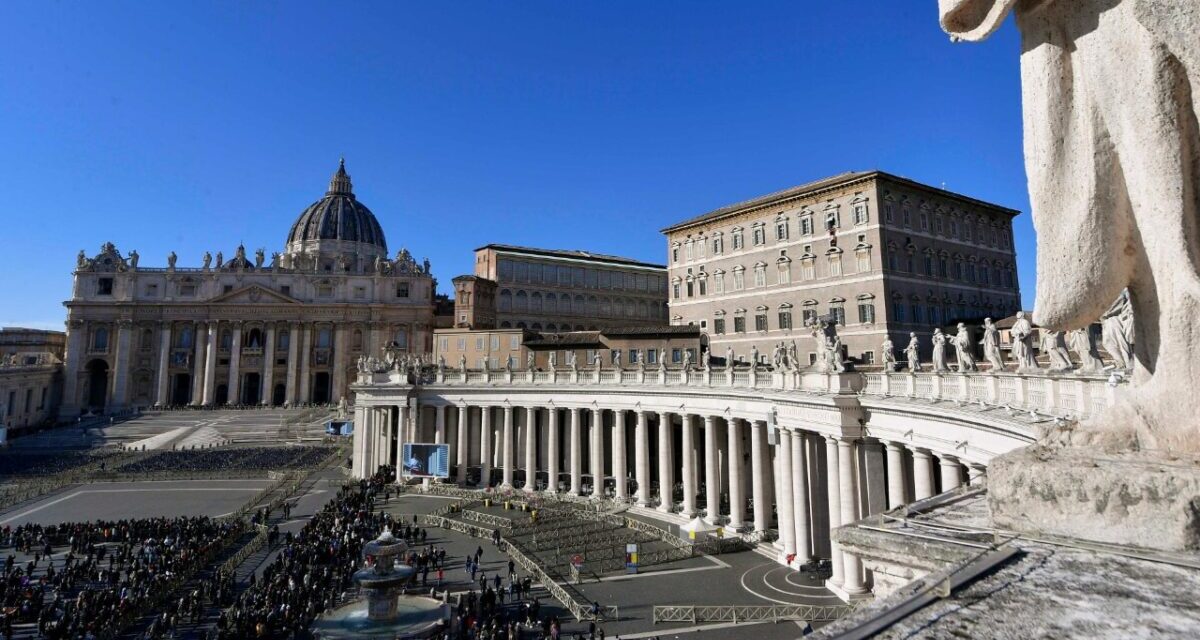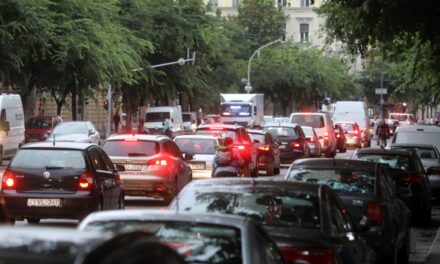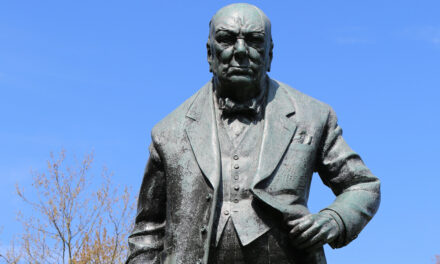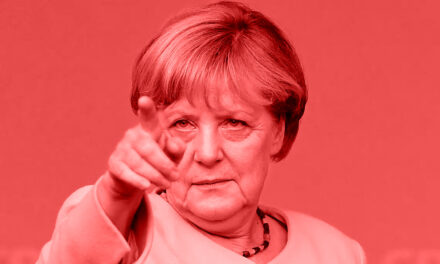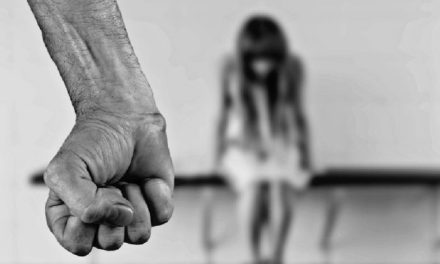The jubilee holy year poses a security and tourism challenge for the city of Rome.
During Christmas, more than 100,000 people moved around St. Peter's Square every day, according to the data of the prefect of Rome, Lamberto Giannini, who called the jubilee year, which began on Christmas Eve, a security challenge. The souvenir sellers spoke to the MTI correspondent about the tourism challenge.
Thirty-five thousand people passed through the holy gates of St. Peter's Basilica, which were opened on Christmas Eve, on December 25, and seventy thousand on the second day of Christmas.
The boulevard leading from Angyalvár to Szent Péter Square was transformed into a pedestrian zone for the beginning of the jubilee holy year, where one hundred and fifty thousand people moved at the same time every day during the holidays. A similar crowd is expected on New Year's Eve and the first days of the New Year, as well as on almost every weekend of 2025, when the major events of the Jubilee Holy Year are held.
Italian and foreign visitors can approach St. Peter's Square from several directions, through which they can reach the basilica and the holy gate of the basilica. The gate will follow the opening hours of the basilica every day until January 6, 2026, which is from eight in the morning to five in the afternoon in winter. Passing through the gate is free, you don't need to change tickets, and you don't need to reserve a seat in advance.
In the first days, the crowd of visitors caused chaos: the guards of the basilica could hardly guide the flow of people through the holy gate. Many people want to stop for a moment and pray, and even more people just want to take pictures, which leads to congestion.
Getting to the holy gate is not an easy task either. In case of crowds, you have to wait more than an hour from the time you enter the square.
On the routes leading to Szent Péter Square, security checks are held at several points: police and gendarmerie personnel inspect coats, bags, and backpacks with hand-held metal detectors. Bottled water and water bottles are confiscated. You also have to pass through gates with metal detectors between the columns of Szent Péter tér.
For the groups of pilgrims going to the holy gate, who walk along the route with crosses in their hands, praying and singing, a separate corridor was built, surrounded by concrete elements decorated with plants. This corridor also serves a safety purpose: official vehicles can drive through it bypassing the crowd, or perhaps an ambulance if someone needs medical attention.
In the days of Christmas, thousands of policemen, gendarmes, tax inspectors and soldiers of the armed forces served in the streets of Rome around the Vatican. Volunteers in yellow coats wearing the logo of the Jubilee Holy Year help people. There are two information points, one on Szent Péter Square. During the holidays, a small field hospital was set up on the side of the square, members of the Red Cross were present, and a separate tent announced that psychologists were also available for psychological assistance. Preparations will be similar for all major jubilee events.
"We walk calmly, I think there is maximum security. There are a lot of police around Szent Péter Square, various obstacles have been put up, so we feel safe," said József Gerhes, who was present with his family at the opening ceremony of the basilica's holy gate.
Roman prefect Lamberto Giannini spoke about the security challenge, according to which the Christmas opening of the jubilee holy year was the "premier", i.e. the first major test of the operation of the security machinery, and the system worked well. People don't even notice a significant part of the security measures, he added, referring to the surveillance cameras scanning many points in the Vatican and Rome, the snipers hiding on the roofs of palaces, and the maximum IT controls at airports, train stations and hotels.
However, there are still problems: the head of the immigration police, Roberto Massucci, pointed out that sixty percent of private accommodations in the Italian capital still do not forward the data of their guests to the authorities.
The street vendors who have appeared around the Vatican are also a concern: Africans and Asians who offer counterfeit fashion items. They disappear when the police approach, but usually move only one street away.
"Everyone wants to make money during the jubilee year, but pilgrims don't come to the Vatican to spend a lot of money. It's true that the Holy Year lasts a whole year, so we will have income every day," said Alfredo Chiarelli, one of the souvenir sellers who, with papal permission, can sell rosaries, crosses, and medallions in St. Peter's Square. This is the fourth Jubilee Holy Year that he is working through. He added that he expects a lot from the New Year, among other things, that tourism in the city of Rome will resume and that pilgrims will feel calm and safe, as this will also make it easier for merchants.
According to the estimate of Interior Minister Matteo Piantedosi, nearly forty million people may come to Rome for the holy year.
MTI
Cover image: Crowd in Saint Peter's Square
Source: Facebook/Vatican News

